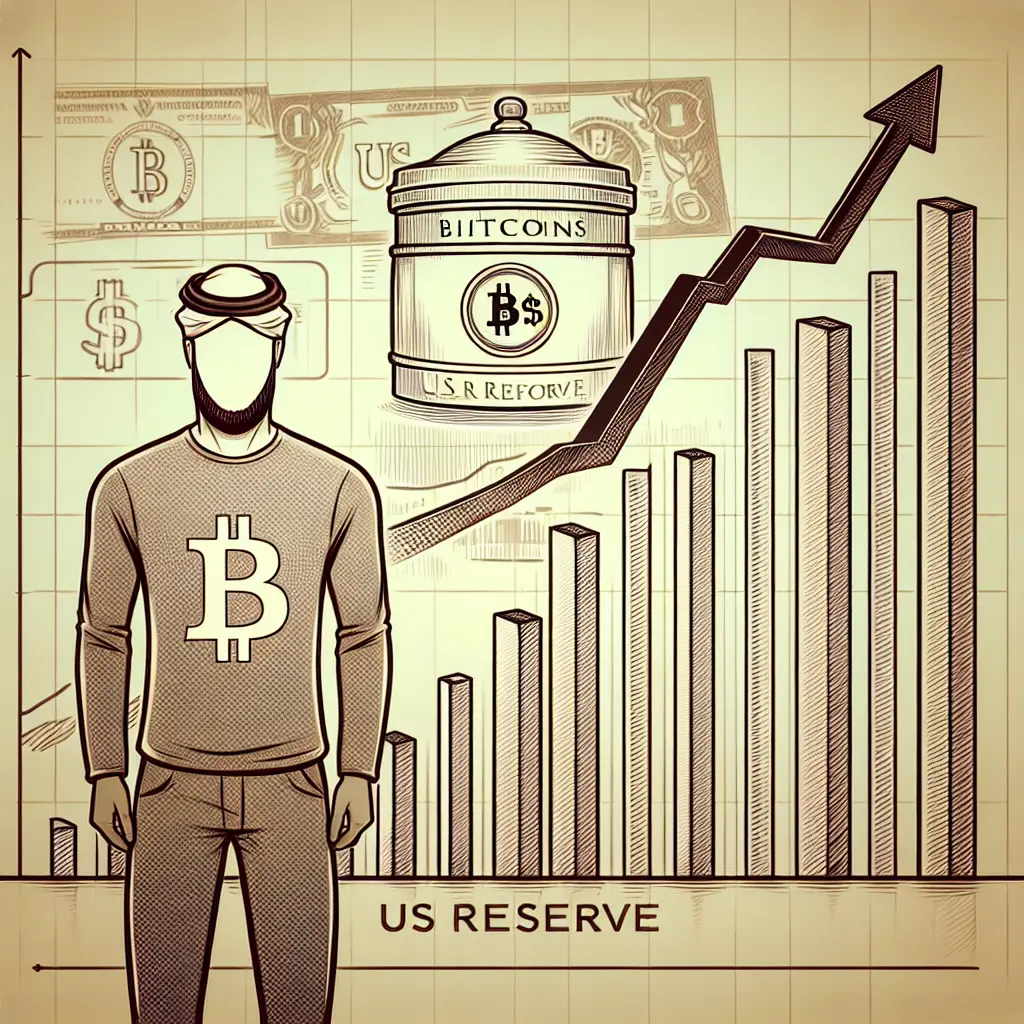In the evolving landscape of global trade, Bitcoin has emerged as a significant player, promising to revolutionize the way international transactions are conducted. By leveraging blockchain technology, Bitcoin not only enhances transaction security but also plays a pivotal role in reducing corruption across the global trade spectrum. This blog delves into how Bitcoin and its underlying technology contribute to transparency and secure transactions, potentially transforming international trade into a corruption-free arena.
Blockchain technology, the backbone of Bitcoin, serves as a decentralized ledger that records all transactions across a network of computers. This decentralization ensures that no single entity has control over the entire chain, thereby significantly reducing the potential for fraud and corruption. Each transaction on a blockchain is transparent and immutable, meaning once recorded, it cannot be altered. This feature is crucial in international trade, where the transparency offered by blockchain technology can help in reducing corruption and ensuring secure transactions.
The application of Bitcoin in international trade extends beyond just financial transactions. With blockchain's verification capabilities, every step of a supply chain can be recorded and verified, from the origin of goods to their final delivery. This level of transparency is invaluable in combating corruption, often prevalent in cross-border trade practices where documentation and goods' provenance are susceptible to tampering.
The potential of Bitcoin in transforming international trade is being recognized globally, even amidst controversies and varying acceptance levels of cryptocurrencies. Notably, former U.S. President Donald Trump has expressed intentions to make the U.S. the "Crypto Capital of the Planet and the Bitcoin Superpower." While Trump’s crypto embrace has stirred mixed reactions, with concerns about potential disaster scenarios for Bitcoin, the overarching narrative remains focused on the possibilities that decentralized finance could unlock.
Further stirring the political spectrum, RFK Jr. proposed that the government should invest in Bitcoin, suggesting a purchase worth $615 billion or 4 million Bitcoins. This bold move could signify a major shift in how governments perceive and integrate Bitcoin into their financial strategies, potentially leading to more widespread adoption in government-level international trade operations.
Bitcoin's Anti-Corruption Role and Future Prospects
One of the most compelling aspects of Bitcoin in international trade is its ability to facilitate corruption-free transactions. The decentralized nature of blockchain prevents undue interference by corrupt officials or institutions since no single party controls the data. Furthermore, blockchain verification enhances the credibility of trade documents, reducing the risk of fraud.
The role of Bitcoin in enhancing transparency in trade cannot be overstated. With each transaction recorded on a public ledger, stakeholders have an unprecedented level of access to information, fostering an environment where illicit activities are harder to hide. This aspect is crucial for countries grappling with corruption within their trade sectors.
Looking ahead, the integration of Bitcoin into global trade seems promising yet requires cautious navigation. The digital currency offers numerous trade benefits but also comes with its set of challenges, particularly concerning regulatory frameworks and market stability. As international bodies and governments continue to explore ways to incorporate cryptocurrencies responsibly into their economic systems, the future of Bitcoin in reducing corruption in global trade looks optimistic but demands careful implementation.
As we've explored, Bitcoin and blockchain technology hold significant potential for revolutionizing international trade by promoting secure transactions and transparency while reducing corruption. Despite facing volatility, regulatory challenges, and controversies, the pathway for Bitcoin in global trade appears set towards positive transformation.
Conclusion
As we continue to monitor developments and adapt strategies for integrating this technology into mainstream trade practices responsibly, the promise of a corruption-free trading environment seems increasingly attainable.










Leave a Comment